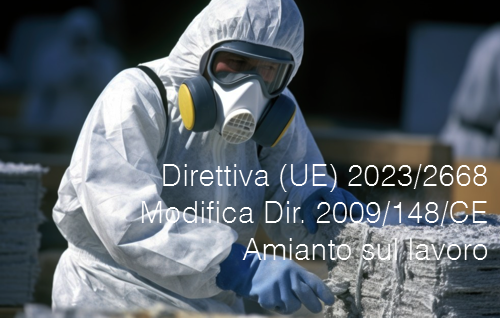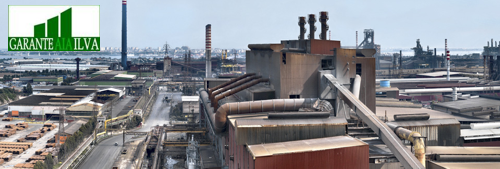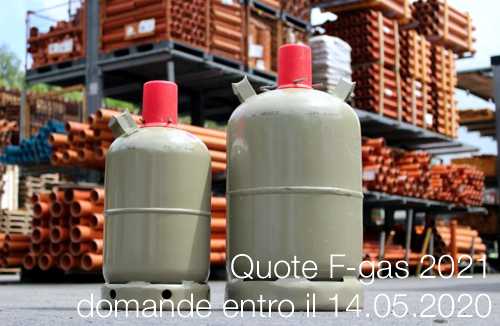Direttiva (UE) 2023/2668

Direttiva (UE) 2023/2668 | Modifica Direttiva 2009/148/CE protezione esposizione amianto sul lavoro
ID 20865 | 30.11.2023
Direttiva (UE) 2023/2668 del Parlamento europeo e del Consiglio, del 22 novembre...
August 2006
The BAT (Best Available Techniques) Reference Document (BREF) entitled “Best Available Techniques for the Manufacture of Organic Fine Chemicals” (OFC) reflects an information exchange carried out under Article 16(2) of Council Directive 96/61/EC (IPPC Directive). This executive summary describes the main findings, a summary of the principal BAT conclusions and the associated consumption and emission levels. It should be read in conjunction with the preface, which explains this document’s objectives; how it is intended to be used and legal terms. It can be read and understood as a standalone document but, as a summary, it does not present all the complexities of this full document. It is therefore not intended as a substitute for this full document as a tool in BAT decision making.
This document focuses on the batch manufacture of organic chemicals in multipurpose plants and addresses the manufacture of a wide range of organic chemicals although not all of them are explicitely named in ANNEX 1 of the Directive. The list is not conclusive but includes, e.g. dyes and pigments, plant health products and biocides, pharmaceutical products (chemical and biological processes), organic explosives, organic intermediates, specialised surfactants, flavours, fragrances, pheromones, plasticisers, vitamins, optical brighteners and flameretardants. No specific threshold was established in drawing a borderline to large volume production. Therefore it is implied that an OFC production site may also include dedicated production lines for “larger” volume products with batch, semi-batch or continuous operation.
Collegati:

ID 20865 | 30.11.2023
Direttiva (UE) 2023/2668 del Parlamento europeo e del Consiglio, del 22 novembre...

Una sezione dedicata sul sito dell'ISPRA
L’art.2-quater della legge 24 dicembre 2012, n. 231, inserito dalla legge n.89 del 3 ...

Comunicazione alle imprese che nel 2021 intendono immettere in commercio nell’Unione europea idrofluorocarburi sfusi
(2020/C 40/09)
GU C 40/47 del 06.02.2020
Testata editoriale iscritta al n. 22/2024 del registro periodici della cancelleria del Tribunale di Perugia in data 19.11.2024